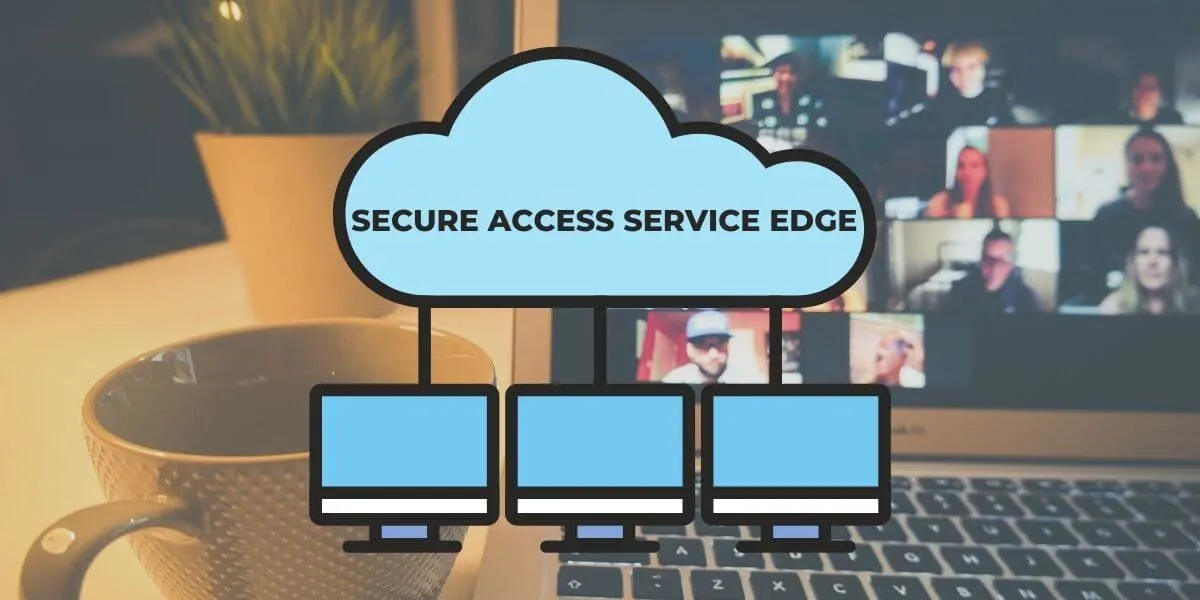30 Blockchain healthcare startups to watch for

Blockchain technology startups have become an integral part of the healthcare ecosystem. As the blockchain regulatory environment becomes more conducive and healthcare organizations accelerate digitization, we’re seeing a steady stream of investments in blockchain healthcare startups.
Investments in blockchain healthcare startups have crossed USD 500 million since 2017. With unique features such as smart contracts, decentralized networks, and permissioned distributed ledgers, blockchain healthcare startups are working towards transforming patient care, information exchange, and bringing more transparency in the supply chain. Take a look at the focus areas of blockchain healthcare startups and some of the most disruptive companies in each area.
Blockchain healthcare startup eco-system
Asset management: Blockchain healthcare startups in this category develop secure apps, equipment and infrastructure that trace counterfeit drugs. Companies include Chronicled, which provides supply chain solutions using blockchain and IoT, and Tracelink, a leading SaaS solution provider in the healthcare and life sciences industry.
Bills and claims management: Startups in this category build smart software to manage and audit payments by leveraging immutable record entries into time-stamped and persistent replicated ledgers. Companies include CognitiveScale, Hashed Health and Openledger.
Smart contract management: These companies execute smart contracts between patients, providers, and payees. It helps healthcare organizations manage demand and reduce delays in implementing contracts. Companies in this category include Consensys, an Ethereum-based blockchain solutions provider, and Life Gen Technologies, a genomics company owned by Nu Skin.
Medical and health records: Medical records are dispersed across multiple providers and organizations due to high fragmentation in the healthcare industry. Companies in this category develop apps for exchanging of medical and health records between patients, healthcare providers, researchers, and insurance companies, while simultaneously working towards digitizing this data. Through the use of blockchain, these companies allow a one-stop access to patients’ entire medical history, making healthcare information exchange (HIE) more secure, efficient, and interoperable.
Medication and treatment adherence: Companies in this category develop apps and software that help minimize hospital no-shows, failure to take prescribed treatments and medication, among others. By pulling data from multiple sources, they offer a single portal for patients to manage their health-related activities and, in many cases, incentivize them for complying with treatments. Companies include Gainfy and Vytalyx.
Clinical trial records: Using blockchain can make clinical trials reliable at every step by tracking and recording the incidents at each phase of the trial. The adoption of electronic informed consent in clinical trials improves accountability and transparency in the clinical trial reporting process. Companies that develop blockchain solutions for clinical trials legally purchase patient data, while simultaneously issuing cryptocurrency in exchange.
Read more: How blockchain is transforming the future of data-centric healthcare
For a detailed understanding of the present state of blockchain in healthcare, as well as, forecasts for the next 20 years, contact us at info@netscribes.com or subscribe to our Blockchain Technology Insights.







